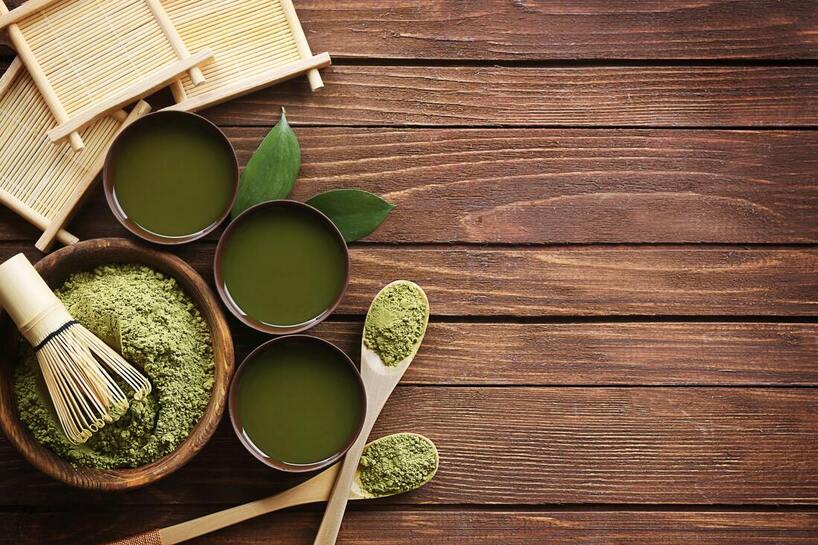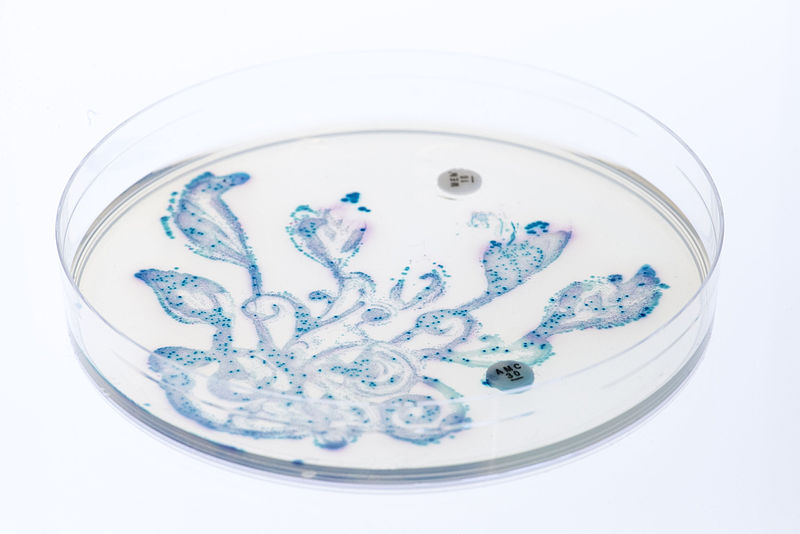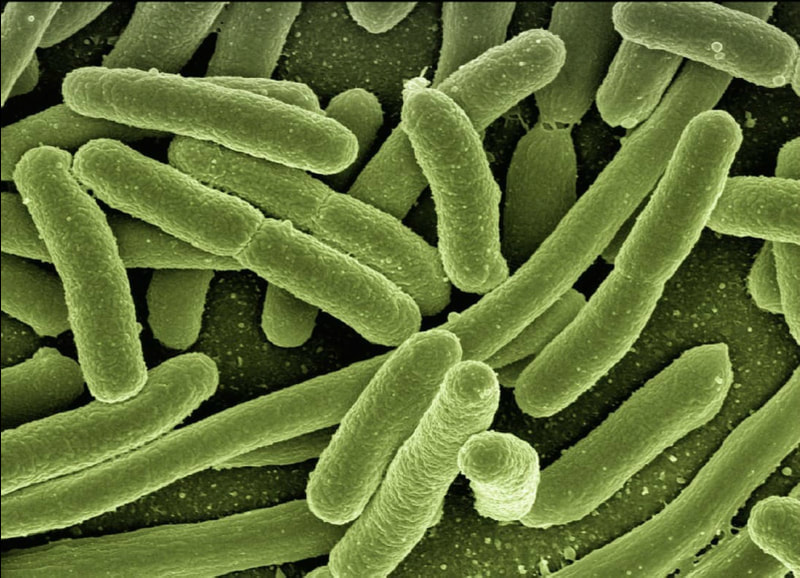A Green-Colored Approach to Stress Relief
Whether it be an upcoming exam or a work deadline, it all can result in a similar consequence: getting stressed. Everyone experiences stress at some point in their lives in this modern world. However, too much stress can drastically affect one’s health and wellbeing, leading to symptoms such as headaches, high blood pressure, chest pain, skin rashes, or fatigue. Stress is also linked to an increased risk of mood disorders, which affect the mental state of an individual. Although stress may seem like an inevitable health issue, a recent study has looked into a new way to relieve stress and make it more manageable through consumption of a popular Asian beverage: green tea.
In a pilot study conducted by the University of Shizuoka, researchers were prompted to explore green tea as a possible form of stress relief because of one major ingredient naturally found in green tea: Theanine. Theanine, an amino acid or building block in proteins, is known to have significant anti-stress effects on humans. However, green tea also contains caffeine, an excitatory compound that suppresses the anti-stress effect of Theanine and disrupts sleep. This study, therefore, focused on low-caffeine (20-25% of the caffeine level of regular tea) green tea in order to maximize the health benefits. Prior to this study, green tea has never been proven to have any anti-stress effects. As a result, this study is leading the forefront to a possible new area of stress relief.
In a pilot study conducted by the University of Shizuoka, researchers were prompted to explore green tea as a possible form of stress relief because of one major ingredient naturally found in green tea: Theanine. Theanine, an amino acid or building block in proteins, is known to have significant anti-stress effects on humans. However, green tea also contains caffeine, an excitatory compound that suppresses the anti-stress effect of Theanine and disrupts sleep. This study, therefore, focused on low-caffeine (20-25% of the caffeine level of regular tea) green tea in order to maximize the health benefits. Prior to this study, green tea has never been proven to have any anti-stress effects. As a result, this study is leading the forefront to a possible new area of stress relief.
Image Source: energepic.com
In regards to the process of experimentation, researchers first created two groups and made corresponding tea bags for both groups. One group received a placebo-controlled barley tea, which was chosen because it has no caffeine or theanine and would be expected to have no effect. The second group was given an experimental low-caffeine green tea. Twenty healthy fifth year students participated in the study and were divided randomly and equally in terms of size and gender. All of the students were assigned to work for 11 weeks in a hospital or pharmacy outside of the university, but only the first ten days of work was observed as this was expected to be the most stressful time period. Students were told to drink either only the group drink they were assigned to or water throughout the research period. This period began seven days before the start of their expected outside work to represent a pre-stress environment and ten days at the beginning of the work period which represents a post-stress period. Stress was measured by analyzing saliva samples twice a day throughout the period. This is possible because stress actually causes an increase in salivary amylase activity. Students also evaluated their own stress levels subjectively on a scale (1-10) with 10 being most stressed at the end of the 10-day work period.
The results of the experiment were surprising. Although both groups experienced increased salivary activity, the placebo group experienced significantly increased levels of stress (~50% higher) compared to the experimental group (~25% higher) during the stressful work period. Subjects also seemed to confirm this result through their own personal stress evaluations. The placebo group average was a 5 while the experimental group average was 3.9. Although research about the anti-stress effects of green tea is at a preliminary stage, the initial results are encouraging to the conclusion that green tea can relieve high levels of stress and its easy incorporation into daily life makes this method inexcusable to try. Whenever a stressful experience occurs, consider adding a nice cup of low-caffeine green tea into your diet to help make the stresses of modern life a little bit easier to handle.
The results of the experiment were surprising. Although both groups experienced increased salivary activity, the placebo group experienced significantly increased levels of stress (~50% higher) compared to the experimental group (~25% higher) during the stressful work period. Subjects also seemed to confirm this result through their own personal stress evaluations. The placebo group average was a 5 while the experimental group average was 3.9. Although research about the anti-stress effects of green tea is at a preliminary stage, the initial results are encouraging to the conclusion that green tea can relieve high levels of stress and its easy incorporation into daily life makes this method inexcusable to try. Whenever a stressful experience occurs, consider adding a nice cup of low-caffeine green tea into your diet to help make the stresses of modern life a little bit easier to handle.
Featured Image Source: Pixabay
RELATED ARTICLES
|
Vertical Divider
|
Vertical Divider
|
Vertical Divider
|






